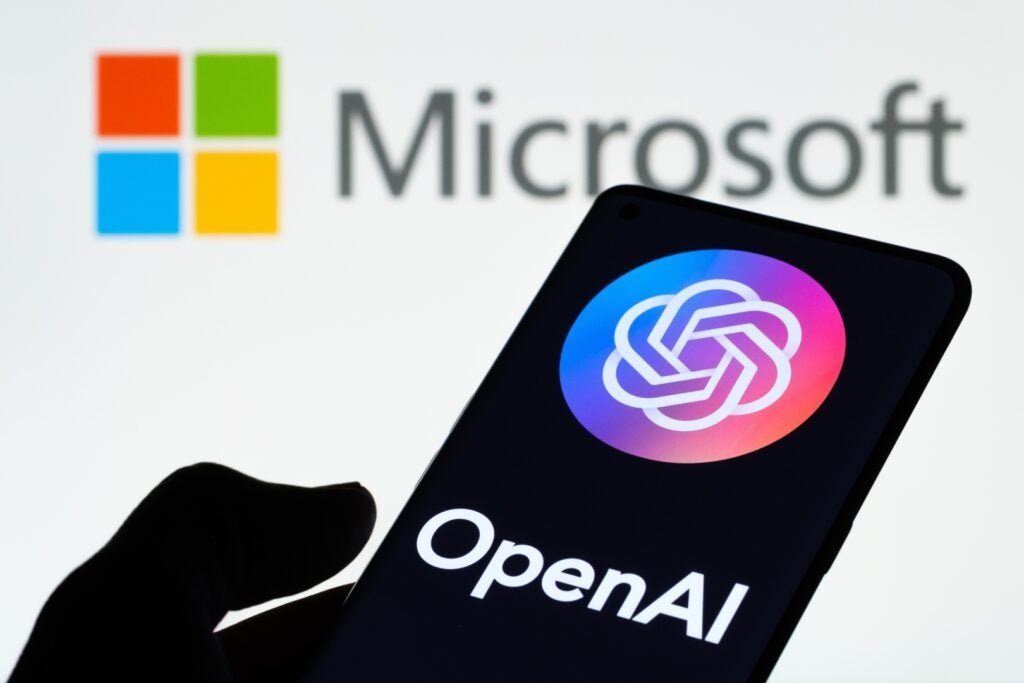The past week has seen a wave of news highlighting the growing influence and versatility of Artificial Intelligence (AI). From breakthroughs in battery technology to legal battles over patent infringements, AI has continued to make headlines.
One significant development was the use of Microsoft’s AI technology to identify a potential new battery material. Scientists at the Pacific Northwest National Laboratory utilized Microsoft’s Quantum team to screen 32 million candidates, ultimately discovering a unique material with revolutionary properties. This discovery could pave the way for significant advancements in battery technology.
In the world of smartphones, Samsung Electronics teased its upcoming “Galaxy AI” feature. Teaming up with Marvel Studios, Samsung showcased the new AI capabilities to be launched with the Galaxy S24 series. While specific details were not provided, the advertisement showed Marvel’s Doctor Strange opening a portal to the “Samsung Galaxy,” hinting at exciting AI features to come.
On the legal front, Google is set to face a $7 billion courtroom showdown over allegations of patent infringement. Massachusetts-based computer scientist Joseph Bates and his company, Singular Computing, claim that Google’s AI technology processors violate their patents. If successful, this case could result in the highest-ever patent infringement award in the United States.
Even the Windows Notepad application is getting a dose of AI. Code from the latest Windows 11 test builds reveals plans for an AI-driven ‘Cowriter’ feature. While the pricing for this feature has not been announced, Microsoft is expected to charge users once their credits are exhausted.
OpenAI, the parent company of ChatGPT, also found itself in the legal spotlight. The New York Times accused OpenAI of using copyrighted articles to train its popular chatbot. OpenAI, in response, blamed a “rare bug” for the chatbot’s regurgitation of content and suggested that the Times may have manipulated prompts to create their examples.
These recent developments highlight the wide-ranging applications of AI and its increasing impact on various industries. From scientific breakthroughs to consumer electronics, AI is revolutionizing the way we live and work. As AI technology continues to advance, we can expect even more exciting innovations and breakthroughs in the future.
Disclaimer: This article was written by an AI system called Benzinga Neuro, engineered by Benzinga Neuro, and edited by Rounak Jain. The content generation system utilizes the extensive Benzinga Ecosystem, including native data and APIs, to create comprehensive and timely stories. To learn more about this AI system, you can visit the Benzinga Neuro website.





